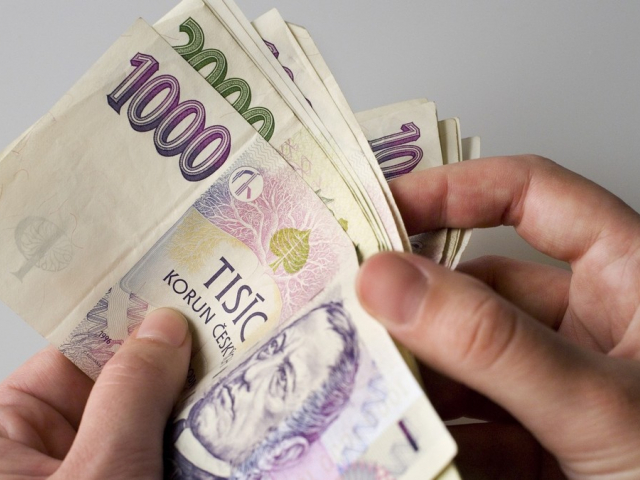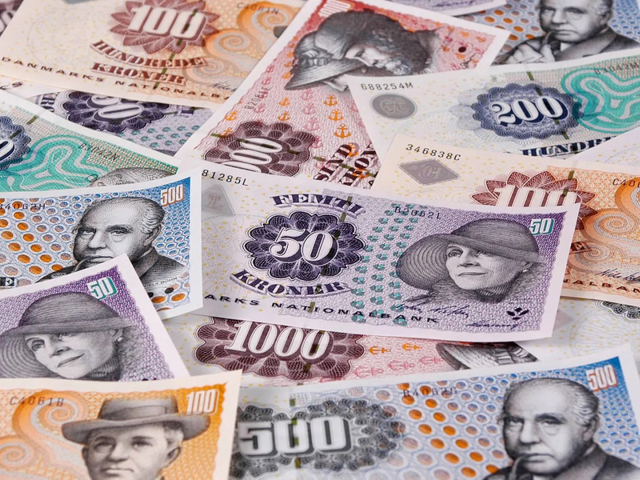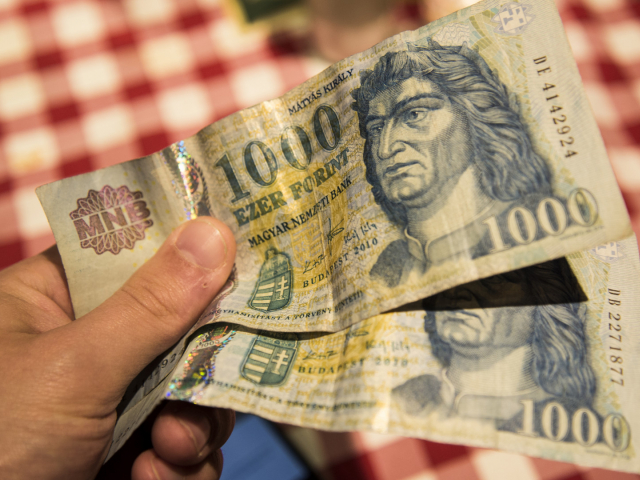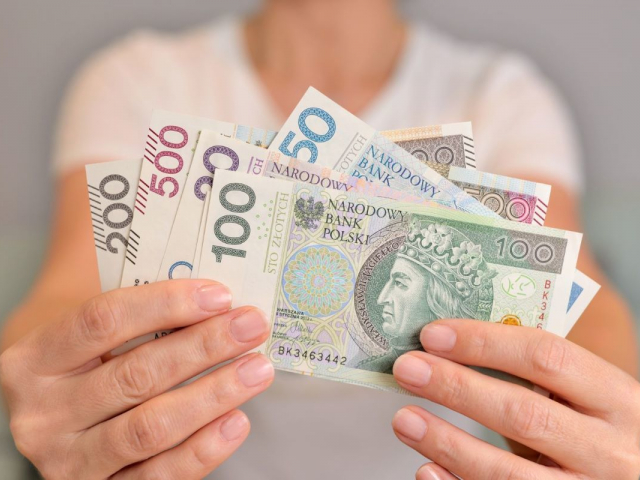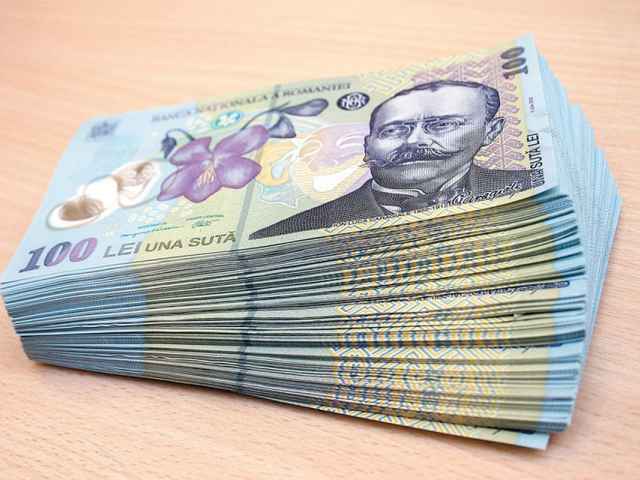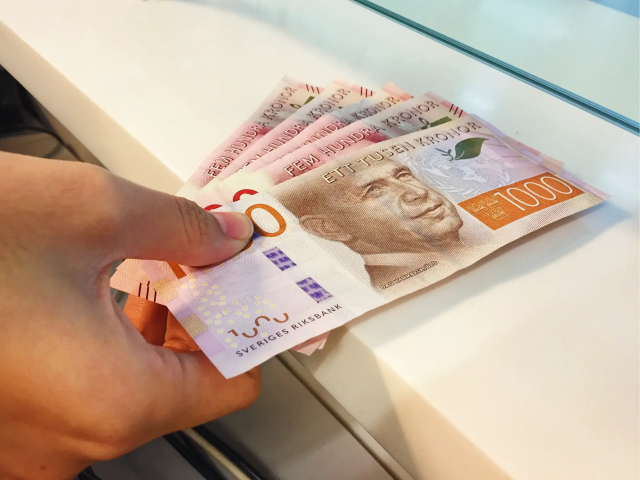Bulgaria
Despite its commitments as an EU member, Bulgaria has been slow to adopt the euro and continues to use the Bulgarian lev. The main reason for this is concern over the potential negative impact on its economy and price stability if the euro is introduced. As a result, the lev remains in circulation, providing the country with financial independence and control over domestic economic processes.
Czech Republic
This country also has no rush to adopt the euro, using the Czech koruna as its primary currency. The main reason for this is the desire to maintain control over monetary policy and avoid potential economic risks associated with adopting the euro. The country fears that switching to the euro could lead to price increases and instability in the domestic market. The country also emphasizes the importance of economic growth and stability before making such a significant decision.
Denmark
Even though Denmark is an EU member, it has chosen to remain outside the eurozone, keeping the Danish krone as its national currency. The Danish government has repeatedly expressed concerns that switching to the euro could harm its financial stability and reduce control over monetary policy. Additionally, strong ties to historical traditions mean Danes are in no hurry to replace the krone with the euro.
Hungary
While Hungary seeks economic integration with the EU, it has not yet adopted the euro and continues to use the forint as its currency. This decision is driven by both economic and political factors. Hungary wants to maintain control over its monetary policy to avoid potential economic shocks and inflationary risks that could arise with the euro's introduction. Furthermore, public and political support for the euro remains limited, influencing the country's stance on its adoption.
Poland
Despite being an EU member, Poland also has not adopted the euro, using the Polish złoty instead. The reason lies in Poland's desire to maintain control over its monetary policy and concerns over potential economic risks. The Polish government has repeatedly stressed the need to ensure macroeconomic stability and fully meet the convergence criteria before adopting the euro.
Romania
In Romania, the leu remains the primary currency, although the government has repeatedly signaled its intention to join the eurozone in the future. The delay is mainly due to the need to meet higher economic standards and the convergence criteria set by the EU. Romanian authorities emphasize the importance of achieving sustained economic growth and financial stability before transitioning to the euro.
Sweden
Although Sweden is a member of the EU, it has not adopted the euro, continuing to use the Swedish krona. The government decided not to switch to the euro, primarily to maintain independence in its monetary policy. The central bank has repeatedly stated that the krona allows for better management of economic fluctuations and financial stability. The 2003 referendum, in which the majority of Swedes voted against adopting the euro, also played a key role in this decision.
-
Grand Choice
Contest by
InstaForexInstaForex always strives to help you
fulfill your biggest dreams.JOIN CONTEST -
Chancy DepositDeposit your account with $3,000 and get $6000 more!
In December we raffle $6000 within the Chancy Deposit campaign!
Get a chance to win by depositing $3,000 to a trading account. Having fulfilled this condition, you become a campaign participant.JOIN CONTEST -
Trade Wise, Win DeviceTop up your account with at least $500, sign up for the contest, and get a chance to win mobile devices.JOIN CONTEST






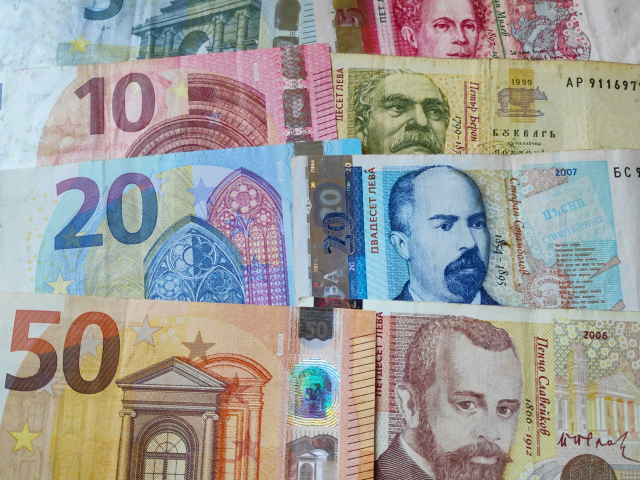
 689
689 7
7